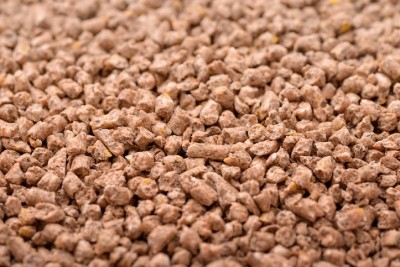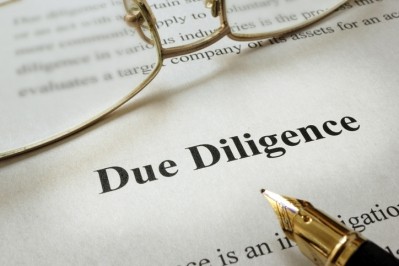De-risking agri-commodities - a growing due diligence trend

Larger businesses are more likely to have sufficient purchasing power to influence producers, noted the UK Department for the Environment, Food and Rural Affairs (Defra) in its consultation aimed at bringing in a due diligence obligation for businesses involved in procuring forest-risk commodities.
The Defra proposals look to implement one of a number of recommendations made by the UK government's Global Resource Initiative Taskforce in March 2020.
The idea is to make it illegal for larger businesses to use forest risk commodities that have not been produced in accordance with relevant local laws; such businesses would need to take steps - undertake due diligence - to show that they have taken proportionate action to ensure this is the case.
“This would set a clear requirement on businesses, and those who do not comply would be subject to fines,” argued Defra.
Commodities likely to be covered include beef and leather, cocoa, palm oil, pulp and paper, timber, rubber and soy.
But while many firms will undertake careful and detailed due diligence in their supply chain to the best of their abilities, this of course does not provide a total guarantee of legality at source, argued UK agrisupply trade group, the Agricultural Industries Confederation (AIC), in its response to the Defra consultation, which is now closed.
Soy supply data, collated by the AIC, shows that 57% of imported soy into the UK comes from sources carrying no deforestation risk. 37% is considered low risk of any deforestation using the FEFAC methodology, leaving 6% that carries a risk of deforestation.
The UK authorities would need to consider how to approach a situation where a company has undertaken the best possible measures of due diligence, but local laws may have been broken at source, said the AIC. “Much greater detail needs to be provided as to how due diligence information would be collected by Government, for example would it have to fit a pro forma template, or would the requirements be outcome driven? Could individual companies provide existing due diligence reports to meet the criteria? There is a risk that if this is not thought out fully, it could simply duplicate existing measures taken by businesses,” it said.
Evidently, the AIC supports the objective of preventing the import of commodities into the UK that have been produced on land that has been deforested illegally; in its view, though, there is a role for the UK government in helping to prevent this.
It also underlined the importance of working with current responsible sourcing schemes and industry-wide roundtables, such as those established around soy and palm oil in the UK, saying the Defra consultation makes little mention of those. “Such challenges can only be met by a partnership between industry and government, and we stand ready to ensure this is carried out,” said the AIC.
A growing due diligence trend
If adopted as legislation, the UK would be replicating a growing number of supply chain due diligence frameworks developed in recent years, reported law firm, Clifford Chance, in a review of the proposals.
“For example, in 2017 France introduced its Vigilance Law, requiring companies to take adequate measures to identify both human rights and environmental risks within their supply chains and to prevent violations.
“More recently, in July 2020 the German government announced similar plans to pass its own Due Diligence Act. Two pieces of legislation which, no doubt, will have a significant influence on a proposed EU-wide scheme imposing mandatory due diligence requirements for businesses to respect human rights and prevent environmental harm across their global supply chains, a draft of which is expected by 2021.”









